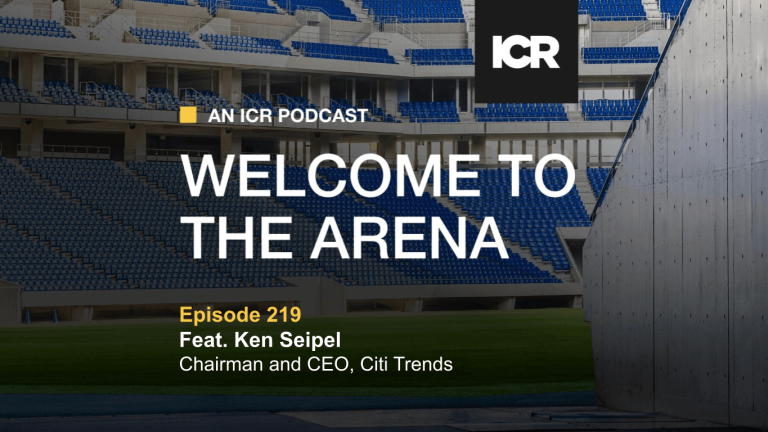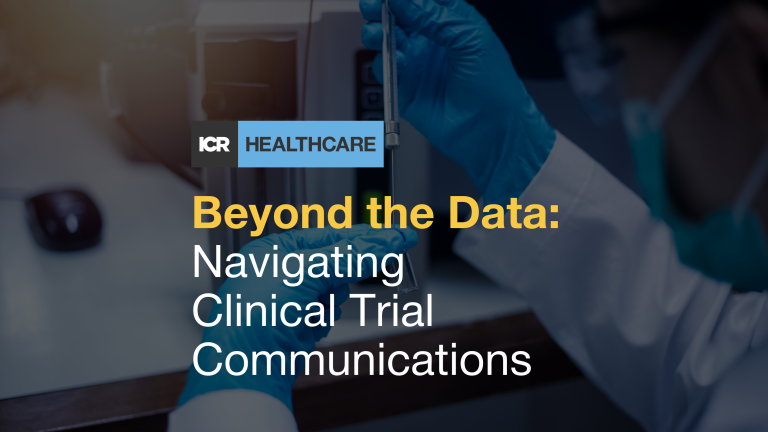Catherine London, newly appointed President of Consilium’s US operations, discusses what it takes for healthcare companies to raise visibility in the highly competitive US media landscape.
Raising Reputational Dividend
Elevating the visibility and profile of a company and its executives has never been more competitive, particularly in the US where some of the highest impact financial outlets (The Wall Street Journal, Forbes, The New York Times, Bloomberg) and the majority of major science, pharma and biotech trade publications (Endpoints, FierceBiotech, Nature, BioWorld) are based. The keys to accessing media in the US and successfully pitching news are relevance, timing and relationships.
Communicating the Big Picture to Tell Your Story
If the research is newsworthy, exciting and cutting-edge, any editor will want that story and it doesn’t matter if the company or source is located ex-US. Some of the biggest science stories, from gene editing to infectious disease, are global stories. But too often the global angle isn’t articulated. It is important to tell a concise story, not just offer data points and an executive spokesperson. What is the company’s mission? Why is the research important and what problem is it trying to solve? How is this potential treatment differentiated from what is already out there? What do the results of the study support (e.g., in terms of value to the patients, investors intellectual property and current standard of care)? If approved, what kind of impact will this treatment have on the way patients are treated and living their lives? What will the impact be on the global market for that therapeutic area?
Media Considerations for a Potential US Listing
For business and finance-focused stories, there are a number of key questions to consider: What is the US market potential? If it is a publicly traded company, is it traded on a US exchange or are there plans to list the company on a US exchange? Does the outlet, reporter focus on micro-, small- or mid-cap companies or only big pharma? If the company is private, how do they stack up against their largest or public competitors? Is the company prepared to talk about potential plans to list on a US exchange, this can be enabling to a capital raise due to strong liquidity and exposure? Is the company raising capital and how much? Do they have any current US investors or what type of US investors are they looking to speak with? What is the company doing in terms of licensing and business development in the US, thiss can serve as solid validation of the target or platform technology, and who are their US partners? Is there an M&A transaction potential with a US company? Does the company have offices in the US or are they planning to open US offices – i.e., will jobs be created? Where are the clinical trials being conducted and are there US sites?
Timing is Everything So Be Prepared
Timing is probably the most overlooked factor as well. Journalists are busy and giving them as much advance notice on a story as possible is important. Offering information and interviews under embargo or exclusivity for bigger news pieces can sometimes be the deciding factor for an editor on whether or not to agree to the story. It is also important to double check time zones and consider when the reporter will be available to speak with any company representatives and have that availability ready to enable smoother coordination of interviews.
Successful Media Engagement and Partnership
It’s all about balance and serving as a trusted resource, not just calling when you need them. Developing relationships with the reporters in advance of news and maintaining those relationships as the company grows is critical. Do your homework — there are no short cuts. Read their last five articles and see what topics and angles they covered. If they are covering your space, take careful note of the tone. It will help ensure the right reporter is connected, at the right time, with a story that is relevant to their beat, areas of interest for a richer, more in-depth article. A reporter who focuses on drug pricing and health policy, won’t care about new data for an investigational oncology candidate, unless the company is prepared to talk about how that potential drug will be priced and the rationale for the pricing or unless the company or spokesperson has a clear opinion on a particular health policy as it relates to their business.



